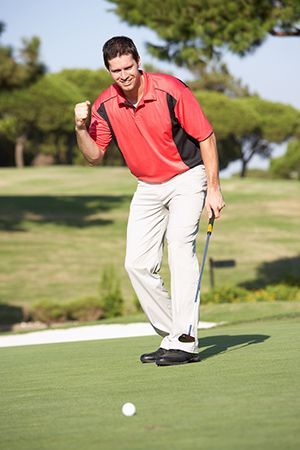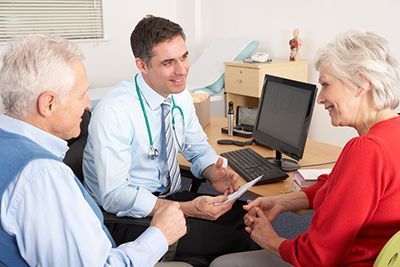For early stage prostate cancer
For early stage prostate cancer , Trans-urethral Prostate HyperthermiaSafe, Effective – And Has NO Side Effects
While many clinics treat advanced prostate cancer, there is one clinic in Germany that has had phenomenal results with trans-urethral prostate hyperthermia. Available only in Germany, this treatment is painless and there are absolutely no side effects.
This treatment also clears up any urinary issues and BPH.
In use for over 25 years, thousands of men have been cured of early stage prostate cancer with this procedure. It is not used in cancer that has spread out side of the prostate. Treatment takes only one week.
The prostate is a walnut sized gland located below the bladder and in front of the rectum. This gland produces fluid that transports sperm through the urethra (the same tube that carries urine outside the body). Around age 40, many men start to experience swelling or an enlarged prostate, which is usually harmless. By age 60, eighty per cent of men have an enlarged prostate, which can narrow the urethra and decrease urine flow. Symptoms include decreased flow, urgent need to urinate, a thin stream and discomfort in the bladder area.
Sometimes, prostate cells become abnormal and form a tumor. Symptoms of prostate cancer include blood in the urine, frequent urination - especially at night, weak or interrupted flow, pain and burning and low back pain. Often there are no symptoms.
Prostate cancer is the most common cancer in men, and the 2nd highest killer. Conventional treatment uses surgery (removal of the prostate, which causes impotence and incontinence), radiation (scar tissue from radiation causes impotence and incontinence and can cause the cancer to spread) and chemotherapy.
In addition to harming the immune system, chemo side effects may include diarrhea, hair loss, nausea , weakness, urine leakage and infections. Doctors often prescribe hormone blockers like Casodex and Lupron, which often causes impotence, and when they are stopped the cancer typically returns with a vengeance
HERE'S HOW IT WORKSCancer cells hide from the immune system by coating themselves over and over with a sticky protein called fibirin. Fibirin is a mucous that gets hard and forms a shell around the cancer cell. Hyperthermia uses that shell to kill the cancer cell. |
||||

Our clinic in Germany usually asks patients to arrive on Sunday, and treatment begins Monday morning. First patients meet with the doctor, and then they get a PSA and urine flow test, and an ultrasound. The hyperthermia treatment is done on Tuesdays and Thursdays. On other days, patients have IV therapy, ozone and oxygen therapy, magnetic field therapy, thymus peptides, Iscador, ultraviolet blood irradiation, etc. Patients usually leave on Saturday afternoon.
The clinic sends a driver to the airport to pick you up, and will take you back when you are finished with your treatment. Patients are welcome to bring a companion to share their room and have meals at the clinic.
The organic food is fabulous here, and the scenery in the Bavarian Alps is breathtaking. Patients often stay a few days longer, and use a Euro-rail pass to take the train around Germany and Austria, sightseeing and enjoying the culture (and if you go in October, the beer).
If you would like to learn more about this therapy and see if you are a candidate contact our sister site Germancancerclinics.com
Or call Marla Manhart at 941.929.7317

